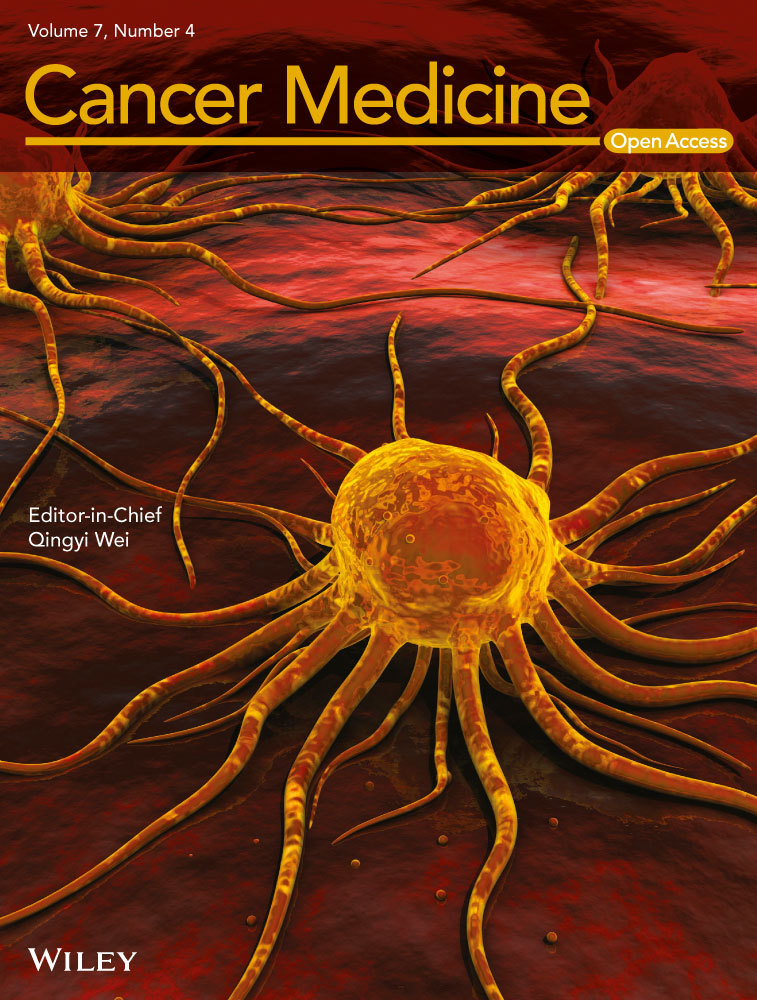Being present: oncologists' role in promoting advanced cancer patients' illness understanding
Abstract
Realistic illness understanding is essential to an advanced cancer patient's ability to make informed medical decisions at the end of life. This study sought to determine whether advanced cancer patients better understood the late stage of their cancer if an oncologist, compared to other members of the care team, was present to discuss their scan results. Data were derived from a multi-institutional, longitudinal cohort study of patients recruited between 2010 and 2015. Patients (n = 209) with late-stage cancers (metastatic cancers that progressed after at least one chemotherapy regimen) were interviewed before and after clinic visits in which scan results were discussed. Patients reported pre- and postvisit if their cancer was at a late stage. Postvisit, patients reported if they discussed scan results with an oncologist or another oncology provider (i.e., oncology fellow, oncology resident, nurse practitioner, nurse, physician's assistant, or other). Logistic regression analysis was used to determine if the presence of an oncologist during scan results discussions differentially predicted the patients' likelihood of postvisit late-stage illness understanding (LSIU). Propensity weighting was used to correct for sociodemographic imbalances between groups, and previsit LSIU and the presence of multiple providers were controlled for in the logistic regression analyses. After propensity-weighted adjustment and controlling for previsit LSIU and the presence of multiple providers, patients were 2.6 times more likely (AOR = 2.6; 95% CI = 1.2, 6.0; P = 0.021) to report that their disease was late stage if an oncologist was present for the scan results discussion compared to if an oncologist was absent. The presence of an oncologist during scan results discussions was associated with a higher likelihood of patients acknowledging being in a late stage of their disease. These results suggest that oncologist involvement in scan results discussions is associated with advanced cancer patients having better prognostic understanding.
Conflict of Interest
None declared.




